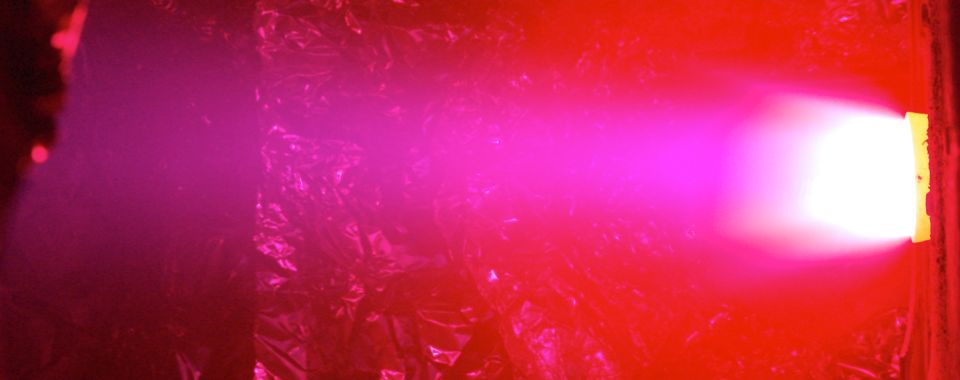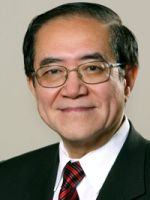Propulsion and Energy Sciences

Energy conversion by combustion is and will continue to be the overwhelming mode of energy conversion in the electricity generation, ground and air transportation, and space propulsion sectors.† However, concerns over the environmental impacts of fossil fuel combustion have made advances in new high-efficiency, low-emissions combustion technology critically important.
Combustion lies at the intersection of chemistry and transport phenomena ranging from the electron scale to engine scale including reaction kinetics, molecular transport, radiation heat transfer, and fluid mechanics, and the range of activities in the Department reflects this diversity.† Current research activities include fundamental combustion chemistry for both fossil-derived fuels (conventional and synthetic) and bio-derived fuels, pollutant emissions (nitrogen oxides and soot) chemistry and modeling, low-temperature combustion, plasma-assisted combustion, spray and droplet combusiton, high-pressure combustion, turbulent combustion, and combustion-derived functional nano-materials.† These activities include both experimental and computational activities.† Experimental activities include the development of advanced laser diagnostic capabilities, and computational activities include the development of advanced numerical algorithms and multi-scale multi-physics modeling approaches.† Current applications of interest include fuel-flexible stationary gas turbines, aviation gas turbines, diesel engines, gasoline engines, low-temperature homogeneous charge compression ignition (HCCI) engines, scramjets, and rockets.
To provide a sustainable and flexible energy future, alternative energy conversion, energy storage, and propulsion technologies are also required.† This encompasses faculty in all areas of the Department in collaboration with the Andlinger Center for Energy and the Environment. Department faculty are engaged in a variety of areas in propulsion and energy sciences, broadly defined including combusiton and alternative technologies:
Combustion: Ferris, Ju, Law, Mueller
Alternative/Bio Fuels: Carter, Ferris, Ju, Law, Mueller
Energy Storage and Fuel Cells: Arnold, Carter, Haataja, Steingart
Fission and Fusion Energy: Carter, Glaser, Kolemen, Rowley
Solar Energy: Arnold, Carter
Wind Energy: Hultmark, Martinelli, Smits
Electric/Plasma Propulsion: Choueiri


Frederick Dryer


Jesse Jenkins


